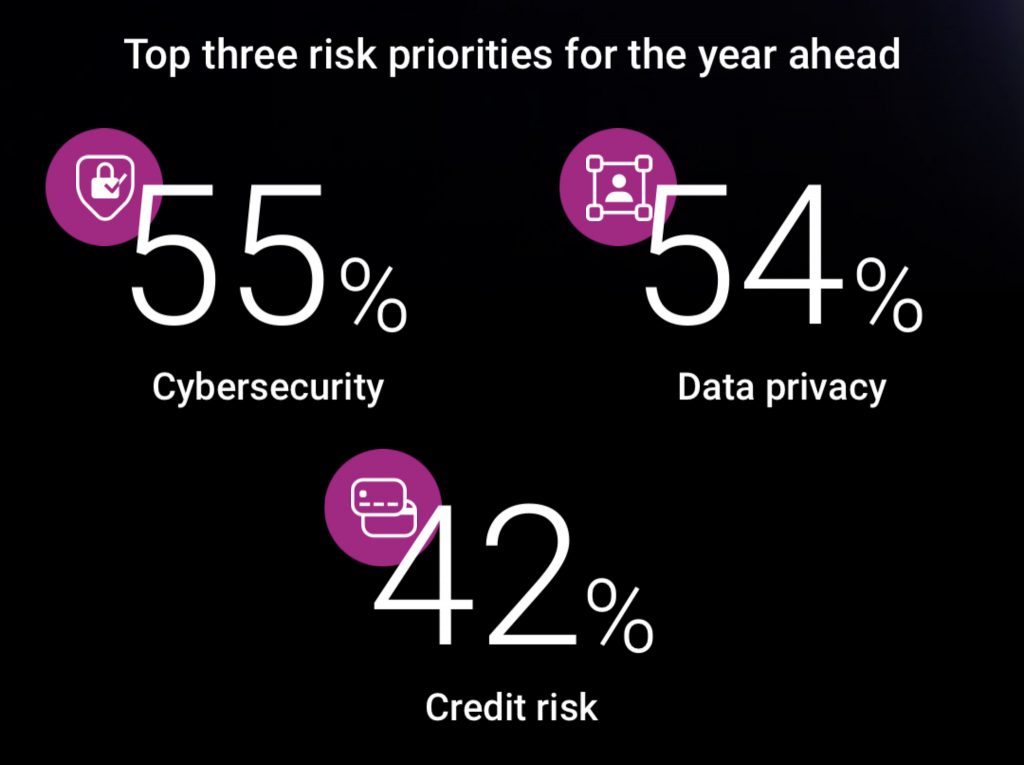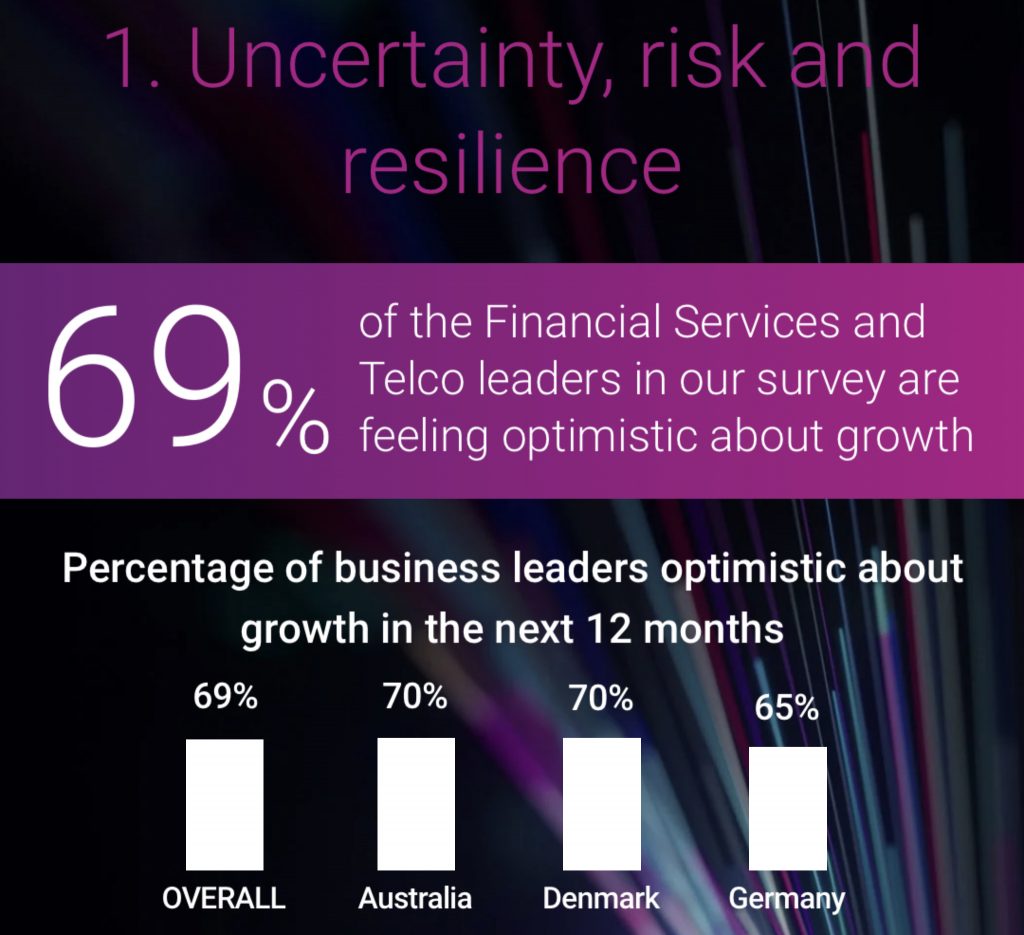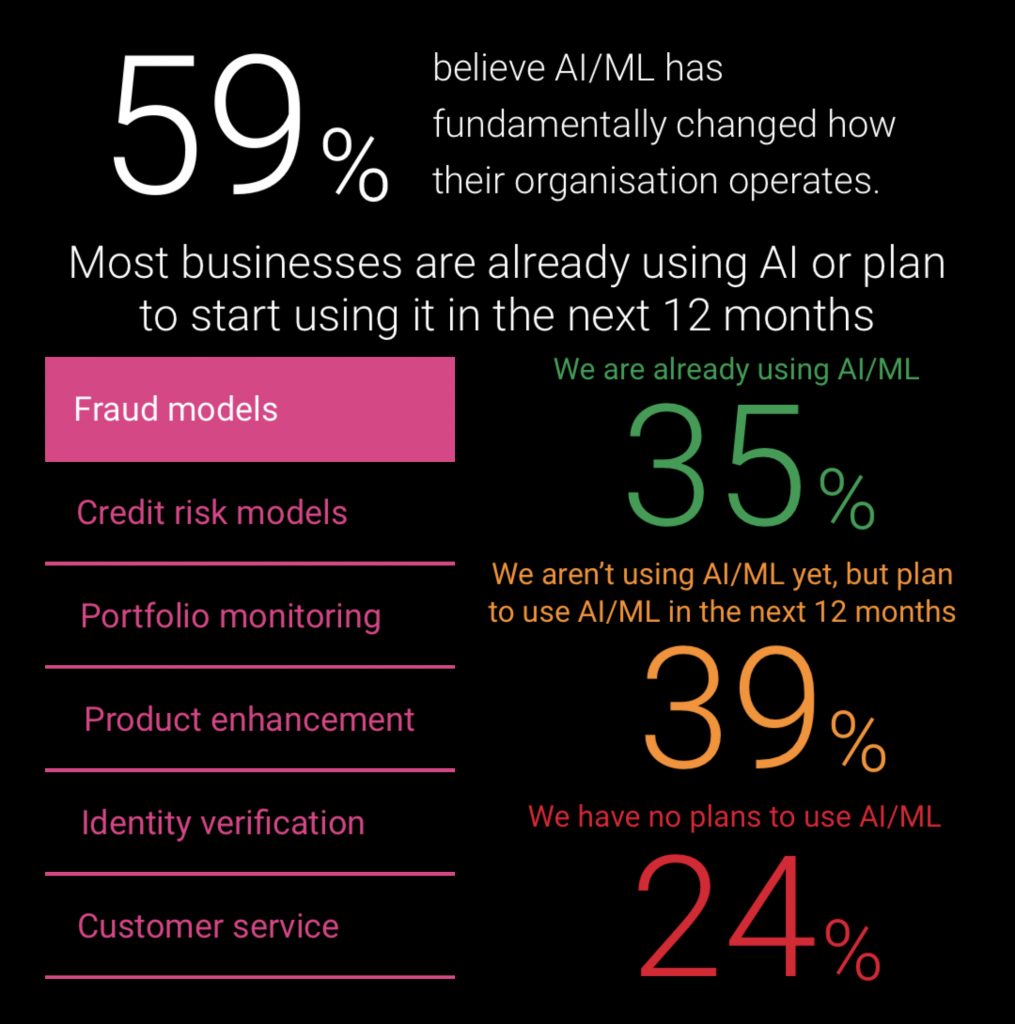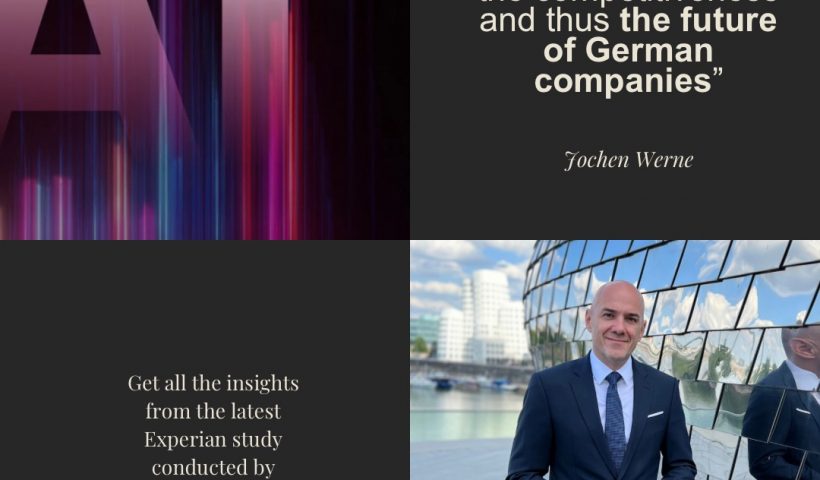After my first week as CEO for Experian in the DACH region (Germany, Austria, and Switzerland), I find myself profoundly thankful for the warm welcome and the many highly inspiring encounters with some of the best data and technology professionals on our planet. Experian is not only a data insights industry titan, one that operates in 32 countries, employs over 20,000 outstanding personalities worldwide but would also rank with its more than USD 30 billion market capitalisation compared to Germany’s leading stock index as the 19th largest DAX company in Germany. Experian serves as a global leader millions of consumers and businesses, leveraging data to make a transformative difference in people’s lives.
Yet, with tremendous reach and influence comes immense responsibility.
Reflections
Just as the Age of Enlightenment in the 18th century reshaped society through the dissemination of knowledge, we find ourselves at the precipice of a new era, one marked by the power and potential of data. The 21st century, in my view, must herald a fresh Age of Enlightenment, one underpinned by data literacy.
The Age of Enlightenment, Literacy and the Dawn of Data Literacy
The Age of Enlightenment, a period dating from the late 17th to the late 18th century, marked a profound shift in the course of human history. This era, also known as the Age of Reason, encouraged critical thinking, decoupling minds from the shackles of superstition and unquestioned authority. The spotlight was placed firmly on rational thought, scientific inquiry, and individual rights – underpinnings of the modern world as we know it.
Several factors catalyzed this significant shift, not least of which was the advent and proliferation of printing technology. As philosopher Immanuel Kant noted, “Dare to know! Have the courage to use your own understanding,” a statement that encapsulates the Enlightenment’s spirit. This courage was largely fostered through increasing literacy rates.
The advent of the printing press revolutionized the dissemination of information. Books were no longer a luxury exclusive to the elite; knowledge became democratized. This sparked an increased demand for literacy. As more people learned to read, ideas were more freely exchanged, fueling a critical examination of existing societal structures.
For example, “The Encyclopédie,” a massive reference work edited by Denis Diderot and Jean le Rond d’Alembert, exemplified the spread of Enlightenment thinking. Its contributors, including leading intellectuals like Voltaire and Rousseau, aimed to collate all the world’s knowledge into a single work, accessible to the common man. This unprecedented venture into free access to knowledge set the stage for many of the democratic, scientific, and industrial revolutions that followed.
Fast forward to the present day, we see parallels in the advent of the internet, a digital revolution that democratizes information at a scale unimaginable to the Enlightenment thinkers. However, this superabundance of information has led to a paradoxical effect. As stated by Nobel Laureate Herbert A. Simon, “a wealth of information creates a poverty of attention.”
In an age characterised by short attention spans and reactionary behaviour, the challenge lies not in accessing information but in sifting through its vastness to discern truth from falsehood. A study conducted by Microsoft, 2015, found that the average human attention span has dropped to eight seconds, primarily due to the digitalised lifestyle.
Like the literacy of the Enlightenment Age, the 21st century calls for a new form of literacy: data literacy.
In a world where data is hailed as the new oil, our ability to critically interpret, analyse, and question data is of paramount importance. This skill set empowers individuals and corporations to make informed decisions, a process integral to our society.
In a report by The Data Literacy Project of which also Experian is a partner, only 21% of the global working population was confident in their data literacy skills. This gap highlights the pressing need for an educational shift towards fostering data literacy, much like the push for literacy during the Enlightenment era.
In conclusion, as we navigate the information deluge, a new Age of Enlightenment beckons, one centered around data literacy. With this new ‘Enlightenment,’ we can harness the true potential of information abundance, steering our societies towards more informed, rational, and democratic spaces. As the Enlightenment thinker Voltaire wisely said, “Judge a man by his questions rather than by his answers.” This insight seems more pertinent now than ever.
Such a renewed Age of Enlightenment also draws inspiration from one of the original Enlightenment’s most influential thinkers, Immanuel Kant. As he famously stated, “Enlightenment is man’s emergence from his self-imposed immaturity.” To transpose his wisdom to our context, data literacy and the effective application of data might be seen as emergence from a state of technological immaturity.
Furthermore, in our modern context, the Enlightenment’s emphasis on reason and logic has a fascinating analogue in the field of artificial intelligence (AI). AI, a critical tool in making sense of complex data, is designed to mimic human reasoning, albeit on a scale and at speeds we could never achieve unaided. As such, it holds a pivotal role in our future, helping us glean insights from the vast sea of data.
However, while AI’s potential is significant, it further underlines the importance of data literacy. The algorithms that power AI are only as good as the data that feeds them. Poor understanding of data and its nuances can lead to skewed AI outputs, with far-reaching implications.
Leaders in data need to focus on responsible use of AI by promoting data literacy and improving understanding of the interplay between data and AI.
New Enlightenment, then, is a journey towards a mature, informed society that harnesses the power of data and AI for good. In this era, knowledge isn’t just power; it’s the key to creating a world where data and technology act as catalysts for positive change.
In this new age, data is not merely a collection of numbers, facts, or figures; it is a powerful tool for understanding and addressing the most pressing societal issues.
However, just as literacy was not universal during the initial Enlightenment, data literacy is not yet a universal skill. As a society, we need to foster an understanding of data, how it’s collected, how it’s used, and most importantly, how it can be used ethically and responsibly.
Harnessing Data for Good – The Experian way
Experian, as a data powerhouse, has a crucial role to play in this journey. Experian has been a pioneer in harnessing data for good, from helping individuals gain access to credit, to assisting businesses flourish, to aiding governments in delivering crucial services.
For the DACH region specifically, the path to growth is intertwined with our mission to empower individuals and corporations with data and to protect from risks. In our regional market in the heart of Europe, we see significant potential to enhance consumer and corporate credit, improve business services, and support governmental programs.
Trust, innovation and reliability go hand in hand
To achieve this goal, we need to aim high and develop state-of-the-art products like AiDRIAN, which, by intelligently combining and using the latest AI technologies and data, are able to protect customers from fraud with more than 99.9% accuracy. Developing trustworthy solutions is of paramount importance. Trust comes from long-term reliability and independent audits. For AiDRIAN, for example, Fraunhofer IPA audited the heart of the solution, the Transaction Miner. The machine learning model compares several hundred customer characteristics and then assesses the risk of a transaction. Millions of data records are evaluated in a matter of seconds. Fraunhofer therefore came to the test result that the Miner’s predictive power is comprehensible even to experts and leads to better decisions.
Such results are only achievable by having an exemplary team.
The Experian DACH team, which I had the pleasure of meeting during my first week, is made up of dedicated, forward-thinking people who understand that work is not just about data, but about using data as a tool for progress and prosperity. A team that is eager to innovate, build trust, and act as responsible stewards of the data – every single day. As we delve deeper into a new era, we should aim to be instrumental in fostering a society that uses data ethically, responsibly, and for the greater good.
The Enlightenment brought knowledge to the masses, revolutionizing societies, and shaping the modern world. It is my belief, a new Age of Enlightenment will bring data literacy to all, empowering societies in ways we are just beginning to imagine.
I am excited and honoured to be a part of this transformative journey.









